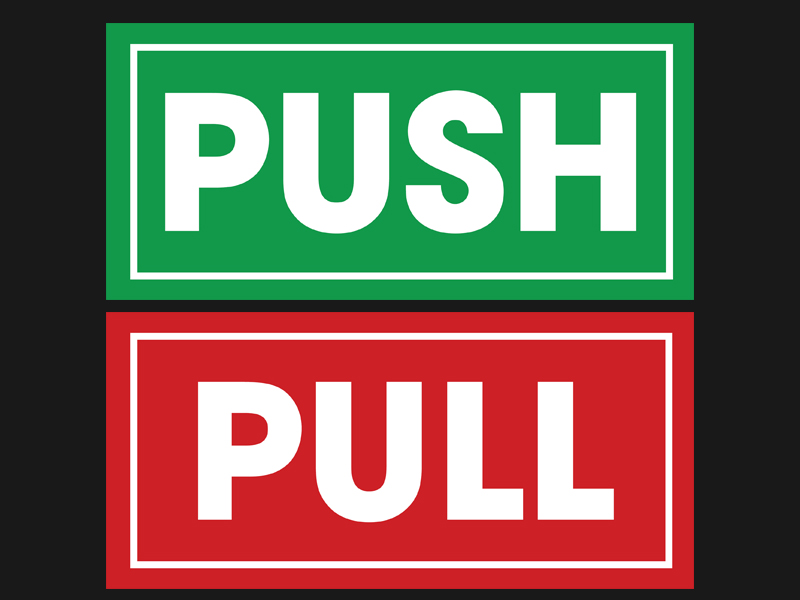Channel subjects perform ten main functions:
Purchase
Sale
– Assortment management
– Funding
– Storage of goods
– Sorting
– Classification by grade and quality
– Transportation
– Collection of information about the market
– Risk taking
A reseller is someone who can take over these functions or share them with, for example, a manufacturer.
Significant differences exist in industrial marketing from other types of marketing. There are fewer points of sale in industrial marketing. In this case, direct marketing channels are the main ones. That is, most often the manufacturer immediately contact the end client. There are several reasons why the direct channel is dominant:
• Industrial customers are a narrow circle of customers.
• High supply volumes. In this case, logistics is greatly simplified if there are no intermediaries in the marketing channel.
• Industrial distribution requires a high level of technical training.
If there is a intermediary in an industrial marketing channel, then it is significantly different from the intermediary in other areas of activity. Such industrial intermediaries establish closer contact with both the producer and the consumer. Adaptation of the product to the end goals of the consumer is the task of industrial intermediaries.
There are two types of marketing distribution strategy. A pull strategy is a strategy in which the manufacturer assumes primary responsibility for creating demand at the end-customer level. Demand is created through advertising activities and personal sales directed directly to the final customer. The strategy is convenient to apply to the finished product. Push strategy is a strategy where the intermediary plays an active role. It is the intermediary who is responsible for creating demand and serving it. The main means of promoting the products of the Push strategy is personal selling. A intermediary within the Push strategy is often engaged in product customization. Push strategy is more often chosen for industrial marketing.
by Dimerion Steelson,
ConselSenses
